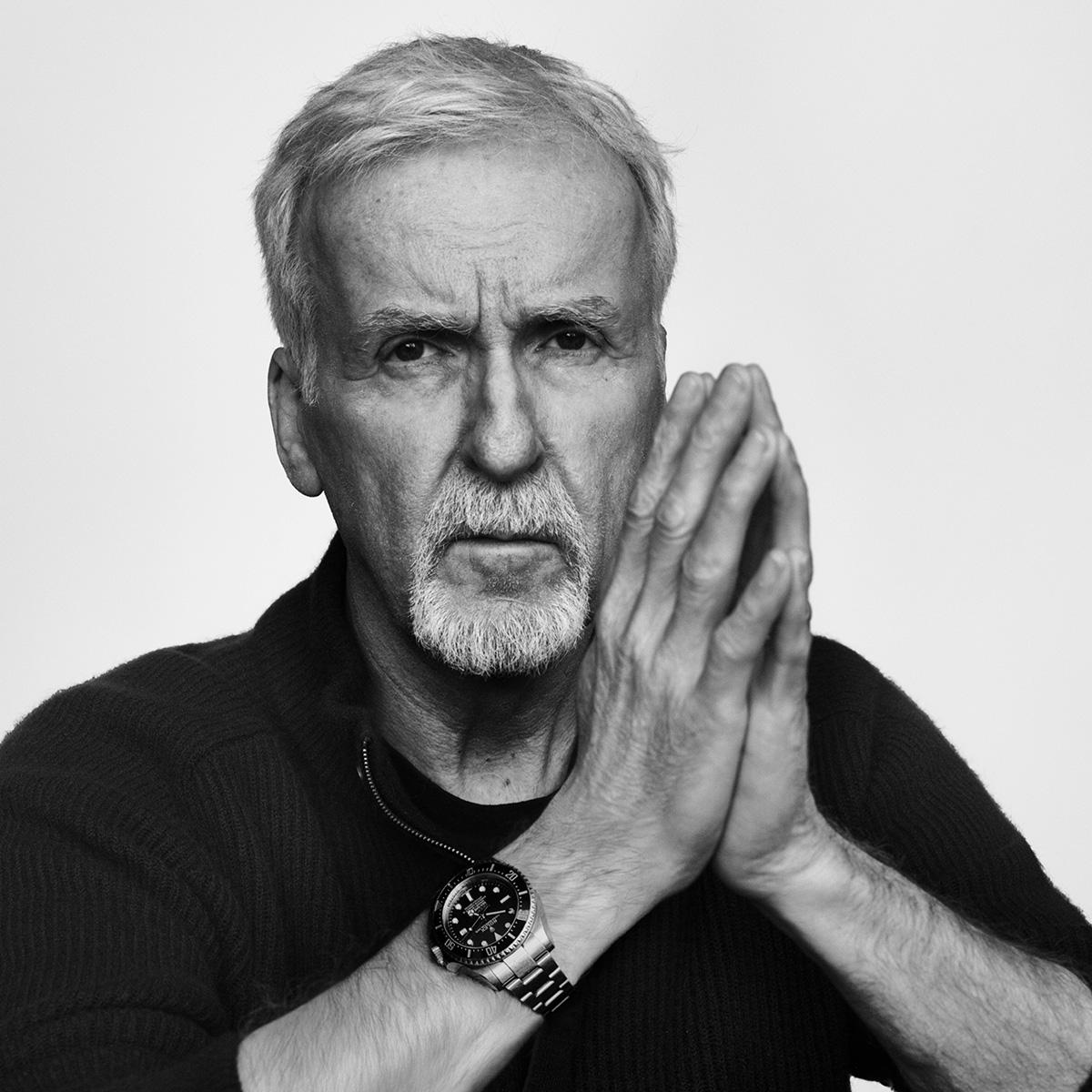People are calling ‘Materialists’ “Broke Man Propaganda”. Here’s why they’re wrong
The response to the ending in Celine Song's New York rom-com Materialists has us asking if we've forgotten how to love?

‘MATERIALISTS’ IS A VERY GOOD FILM, which has spawned some very weird opinions.
The kinda-rom-com, directed by Celine Song of Past Lives, stars Dakota Johnson as Manhattan matchmaker Lucy who finds herself in the enviable position of choosing between two blokes. In one corner, very handsome, very rich dude Harry (Pedro Pascal). And in the other, very handsome, down-on-his-luck dude John (Chris Evans). There is never a huge question over who will (or should) pick – though look away now if you wish to avoid spoilers – but she goes for John. Because they have history. And chemistry. And are made for each other in a way that cannot be determined by an algorithm.
Of course, Lucy’s choice of John – an actor just trying to make it in the big city – has been controversial among some viewers, who have called Materialists “broke man propaganda” on various social platforms. It is a film, for such viewers, that glorifies the type of dude who splits the bill or has roommates or, God forbid, doesn’t drive a Tesla. I understand that we are currently knee-deep in recession indicators, but come on!
Song herself has taken issue with these takes, telling Refinery29 in a video interview: “It’s really disappointing to me. There’s a very real confusion about feminism and the history of feminism. Through intersectionality, so much of feminism has been about anti-corporate and anti-capitalist and, of course, it was always at the forefront of fighting classism, so I’m very concerned about the way that we talk about people who are poor.”
She continues: “It’s very cruel to talk about John as a character who loves Lucy, and who is a beautiful character being played beautifully by Chris, in such cruel terms as ‘broke boy’ or ‘broke man’. I think there is something about the classism about that – the hatred of poverty, the hatred of poor people, it’s not their fault that they’re poor – that is a very troubling result of the way wealthy people have gotten into our hearts.”
@refinery29 Is the movie Materialists just broke man propaganda? 🎥💬 Celine Song breaks down why that idea is actually anti-feminist and why it matters. What did you think of Materialists? 👀 #Materialists #CelineSong #Feminism #A24 ♬ Inspirational piano and strings, post-classical 10(1373065) – arachang
The writer-director has given such views – some of which were, to be fair, expressed in quite a lighthearted way – a very thoughtful response (as is her way: this press tour has been about six times more intelligent than your average go-around). And look, labelling Materialists “broke man propaganda” is not only a misreading of the film but also – and I am aware we’re still a couple seasons away from Valentine’s Day – a total disservice to romance.
The tension in the film comes from Lucy’s ideas of the type of man she deserves. As a high-powered matchmaker, she spends all day with men and women who have very specific criteria, with regards to height and salary and class and age. (I hesitate to use a more judgmental adjective than “specific” because who among us has not once made such a list in their head?)
Song, who actually worked as a matchmaker, clearly knows just how honest people can become while looking for a partner. Learning about the ins and outs of Lucy’s day job is confronting and alarming and weirdly reassuring. The world presented, a heightened New Yorky landscape of desires and demands, skewers how many approach dating now. I found myself nodding and yelping in agreement. Before you could list your height on dating apps, did anyone really care whether you were six foot?
As the film dances towards its gorgeous ending, Song seems to say: you can set filters for tax brackets and apartment floorplans and show size, but you’ll end up with the person you love, thank you very much.
‘Materialists’ is in cinemas now.
This story originally appeared on Esquire UK.
Related:























